Former CNN anchor Don Lemon recently interviewed Elon Musk on his new show for the X (formally Twitter) social network. Musk is the owner of X Media, The Boring Company, Tesla Motors, Neuralink, Open AI, and Paypal. For the first twenty-two minutes, the interview was relatively civil but quickly took a turn after Musk became uncomfortable with Lemon’s line of questioning. The interview was pivotal for both parties, Don Lemon was able to get a “big fish” for his new show and Musk to revamp his image which has been tarnished due to his anti-Semitic posts and handling of the once beloved platform “Twitter”.
The interview began as the two discussed where X is going, the development of the platform, and how it’s changed both good and bad. They also discussed recent Tesla developments, including the Cybertruck and Roaster, among other things. Musk praised his team and the work they have done, discussing ideas and even making jokes about flying cars. Musk spoke about how much he loves tweeting and interacting with others on the platform tweeting almost daily. He described his affinity for gaming and commented that the only time he gets to relax is at night after having 16-hour work days.
The interview took a turn and became hostile when Lemon asked Musk about smoking weed on the “Joe Rogan Experience” and his stance on illegal immigration. Lemon asked if Musk does other drugs regularly and Musk commented, “Well, I mean that’s pretty private to ask somebody about a medical prescription…” Musk seemed quite uncomfortable, still answering claiming, “It’s something I’d say like there are times when I have um sort of a negative chemical state in my brain.”
Don Lemon moved to question Musk about the great replacement theory, a conspiracy theory rooted in the belief that the white race is under threat of extinction at the hands of Jews and other minorities according to the American Jewish Committee’s definition. Musk has infamously liked tweets, re-tweeted, or agreed with accounts reposting these conspiracies. Musk said his comments are misconstrued and that he does not believe in what he tweeted per se, but is only pointing out what might happen.
Musk began to make claims that the reason the Democrats want an influx of illegal immigrants is to get more congressional seating. As Don Lemon pointed out, the Electoral College gives rural states a larger influence on elections as there are more Republican states on the electoral map even though blue states have on average larger populations, red states have a larger say.
Musk attempts to backpedal saying illegal immigrants bolster Blue states and telling Don Lemon to do his research. Musk then backpedals even more saying he doesn’t subscribe to the white genocide theory even though there is evidence on the interndet to contradict his statements. Elon Musk completely ignores Don Lemon’s attempt to clarify that these ideas are part of a deeply bigoted Jewish conspiracy theory.
Musk states, “If I quote something it doesn’t mean I agree with it.” Lemon replies, “Why would you quote something you don’t believe?” Musk replies in an agitated tone “I don’t have to answer questions from reporters.”
At this point, Musk’s tone and body language shift from being comfortable to annoyed, putting down Don Lemon. Musk says, “Don, the only reason I am doing this interview is that you’re on the X (formerly known as Twitter) platform and you asked for it.” Musk agreed to sit down with Lemon as a means of publicizing the journalist’s new interview show on the X platform. Musk says he doesn’t care about what anyone in the media or publicly thinks about them, that the media as a whole is not truthful. Musk is adamant that he cares about the truth saying the way to build trust is through transparency.
According to Musk, X has a responsibility to moderate their content from hate speech. In response, Don Lemon asks, “Do you think it’s your responsibility that hate speech has gone up since you owned the platform that’s not concerning to you?” Elon Musk then replies “I believe that is false compared to the research that I’ve seen.” However, according to a New York Times report, hate speech has increased under Elon Musk’s guidance and 86% of content flagged as harmful or bigoted by the community has not been taken down. Musk rebuts these ideas saying that the algorithm counts the number of posts not how many times it was viewed.
Musk discredits Lemon’s study saying, “You can get a study to show you anything, whatever you want.” Lemon shows Musk hateful images posted on X garnering a reaction from Musk that the images “are … illegal.” Musk asks Lemon if he is a fan of censorship after being asked if he is concerned with recent lawsuits against Instagram, Reddit, 4Chan, etc.
According to Musk, moderation is just another word for censorship and he does not want to censor his platform. Musk asserts that he does not like hate speech and believes it is terrible but that it shouldn’t be taken down either. Despite this belief directly violating the X content policy, Musk is incredibly unclear on what he defines as hate speech. Instead, he consistently reiterates that he does not believe in hate speech and believes in the freedom of speech.
Don Lemon then explains it’s not about how many people read or see the hate speech but the fact that people have the opportunity to publish it in the first place. Musk claims Lemon wants censorship. As a means of moving the interview forward, Lemon moves to the topic of Diversity, Equity and Inclusion (DEI).
In a prior tweet, Musk stated that he believes DEI principles are putting people at risk. Musk claims that these principles are lowering standards in important fields, like medicine. When pressed for evidence, Musk provided no evidence for his claim. Lemon claims that none of what he is saying is true in which the two begin comparing antidotes about media not being true and Twitter being factual.
When pressed, Musk says he does believe that (DEI) can lower graduation rates and qualify people for positions that they do not deserve. The conversation becomes anecdotal once again using hypotheticals. Don Lemon keeps asking questions about lowering standards.
The “woke mind virus” is Lemon’s next stop in this interview. He asks if Musk knows what the word woke means. Musk provides a blanket response saying, “It could mean a lot of things.” Lemon asserts that being woke is instead a matter of “being aware of facts and history.” Musk says that, currently, America focuses too much on race and that we should treat people like people. Lemon asks if America was founded on racist principles that continue bringing up a broader point of systemic racism that continues today. Musk says that everyone is extremely racist and that we should look to the future rather than the past. He claims that everyone was a slave at some point in their life. Don Lemon rebukes this by saying that not everyone was a slave. Musk says, “It just depends if it was more recent or less recent.”
Don Lemon urges Musk to recognize that he had it easier than a person of color in regards to his time coming and staying in America. Musk says if we keep talking about systemic racism it will never go away wanting to get away from race and gender issues. Don Lemon replies saying he doesn’t understand what it’s like to be someone else to experience what others have experienced, we shouldn’t silence people and their experiences and just say forget about it, that idea is simply insulting.
Elon begins by claiming that his definition of the “woke mind virus” is when a person stops “caring about people skills, integrity, and … start focusing instead on gender and race.” Musk proclaims that “the woke mind virus is fundamentally racist, sexist, and fundamentally evil.”
In the final segment of the interview, Musk is asked about advertisers pulling out of X. In response, he reiterates that he does not care if advertisers pull out and will not censor his platform. He urges Lemon to choose his words carefully for the last five minutes of the interview.
Lemon then asked Elon Musk questions about his upbringing and legacy. Musk subsequently makes an excuse that people are waiting on him and leaves abruptly shaking Lemon’s hand, walking off.
Following the interview, Musk personally texted Lemon’s agent telling him Lemon’s deal with the social platform X was off. One takeaway from this interview is that Musk struggles to handle scrutiny and backlash. “His approach was just ‘CNN, but on social media’, which doesn’t work, as evidenced by the fact that CNN is dying,” Musk said in regards to cancelling Lemon. “… instead of it being the real Don Lemon, it was just [former CNN chief] Jeff Zucker talking through Don, so it lacked authenticity.”






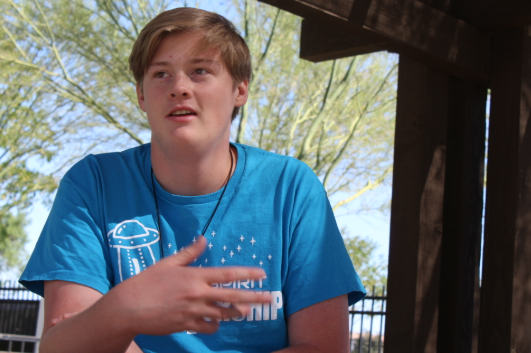
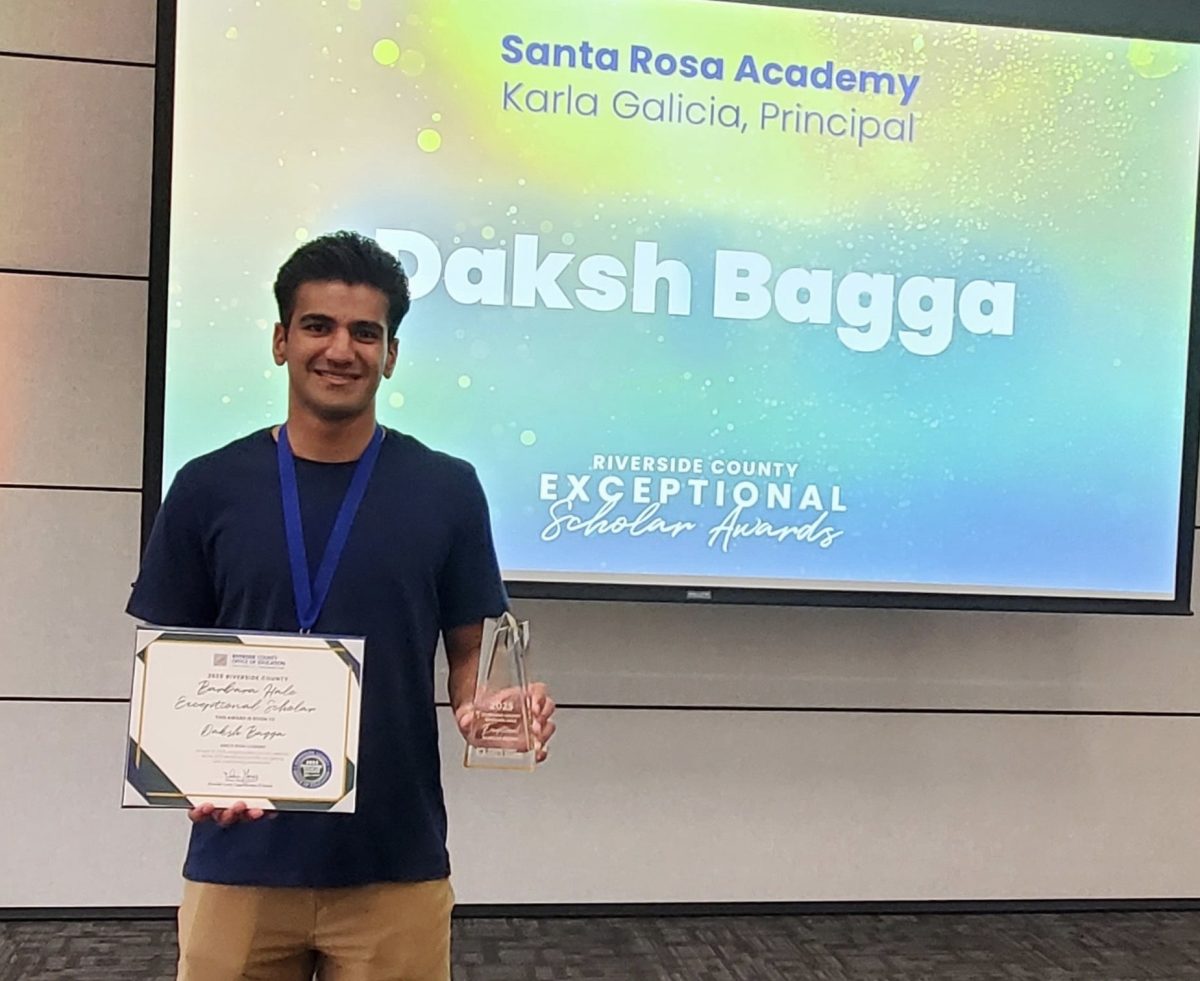






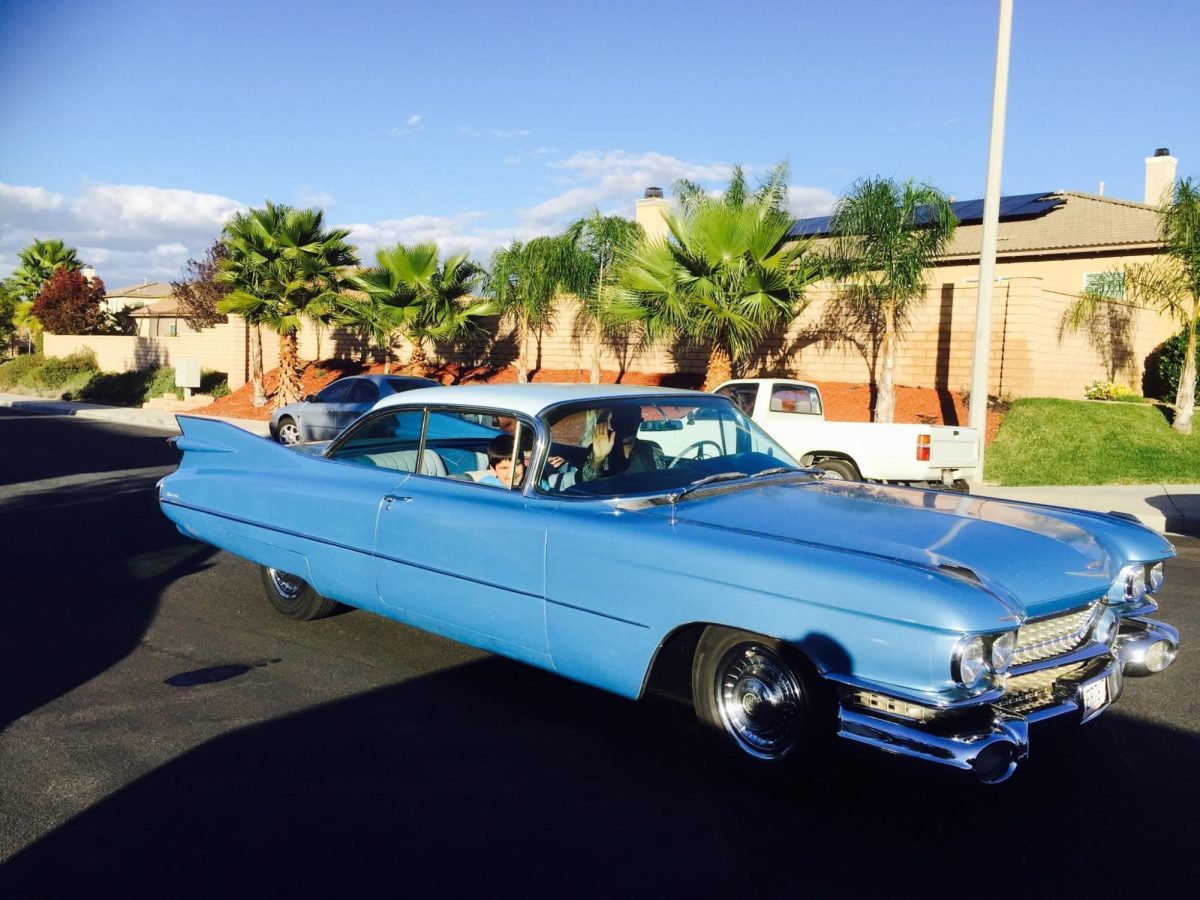

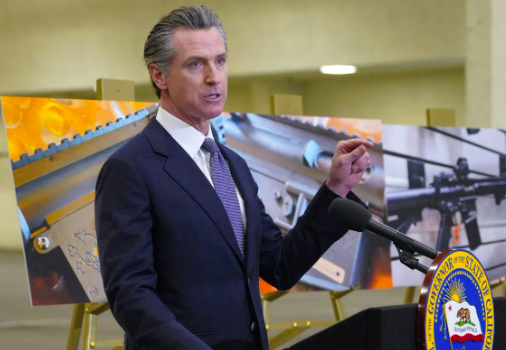





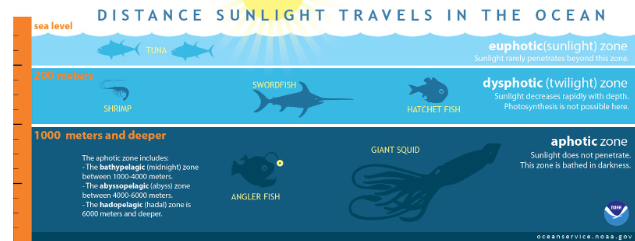
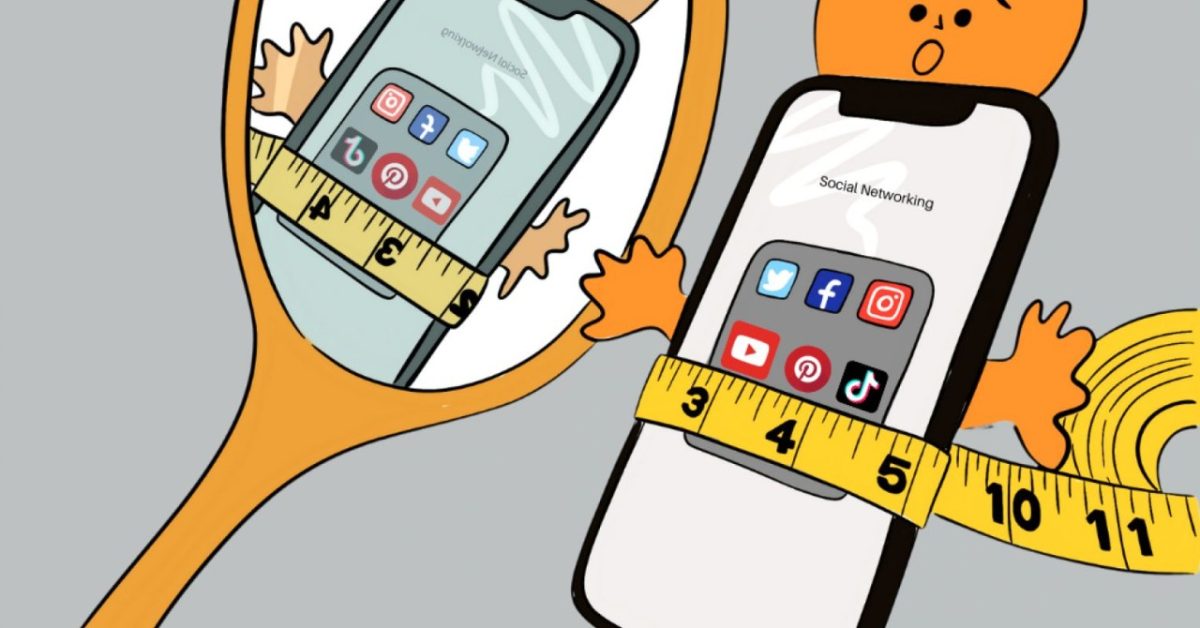






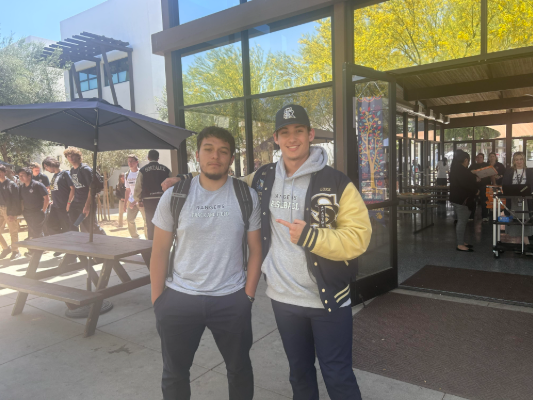





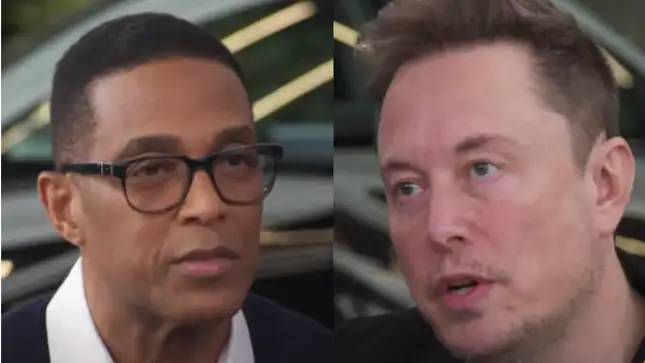
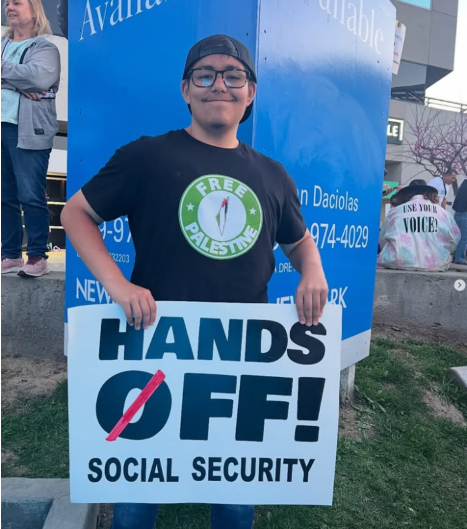

Peter • May 29, 2024 at 9:10 am
Dang that was intense…